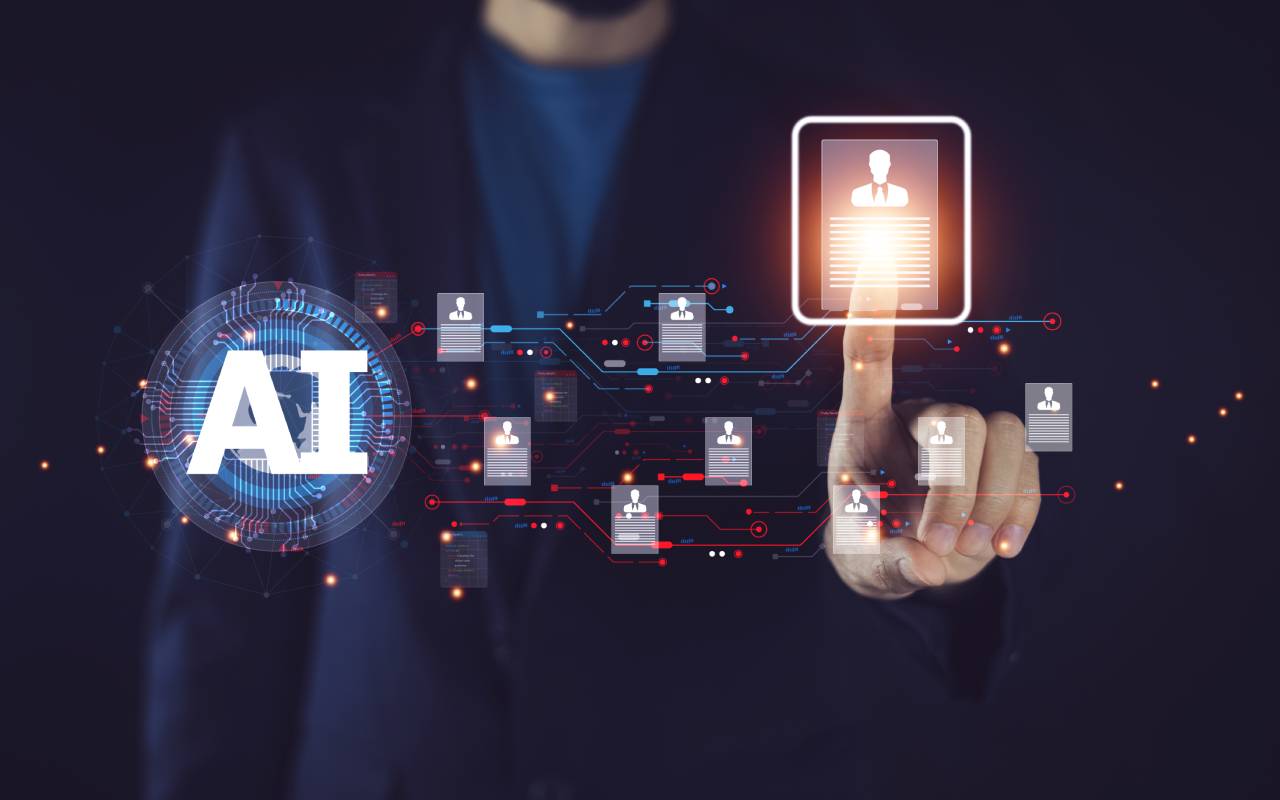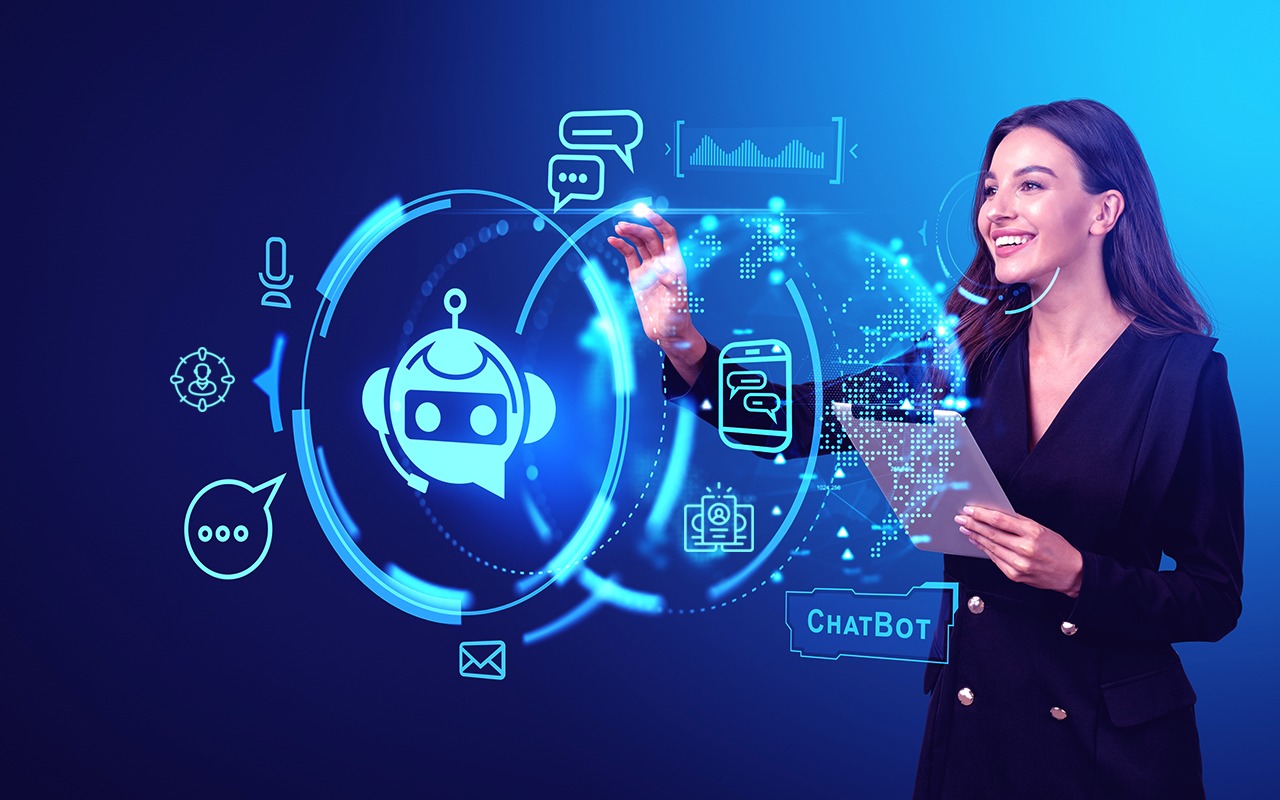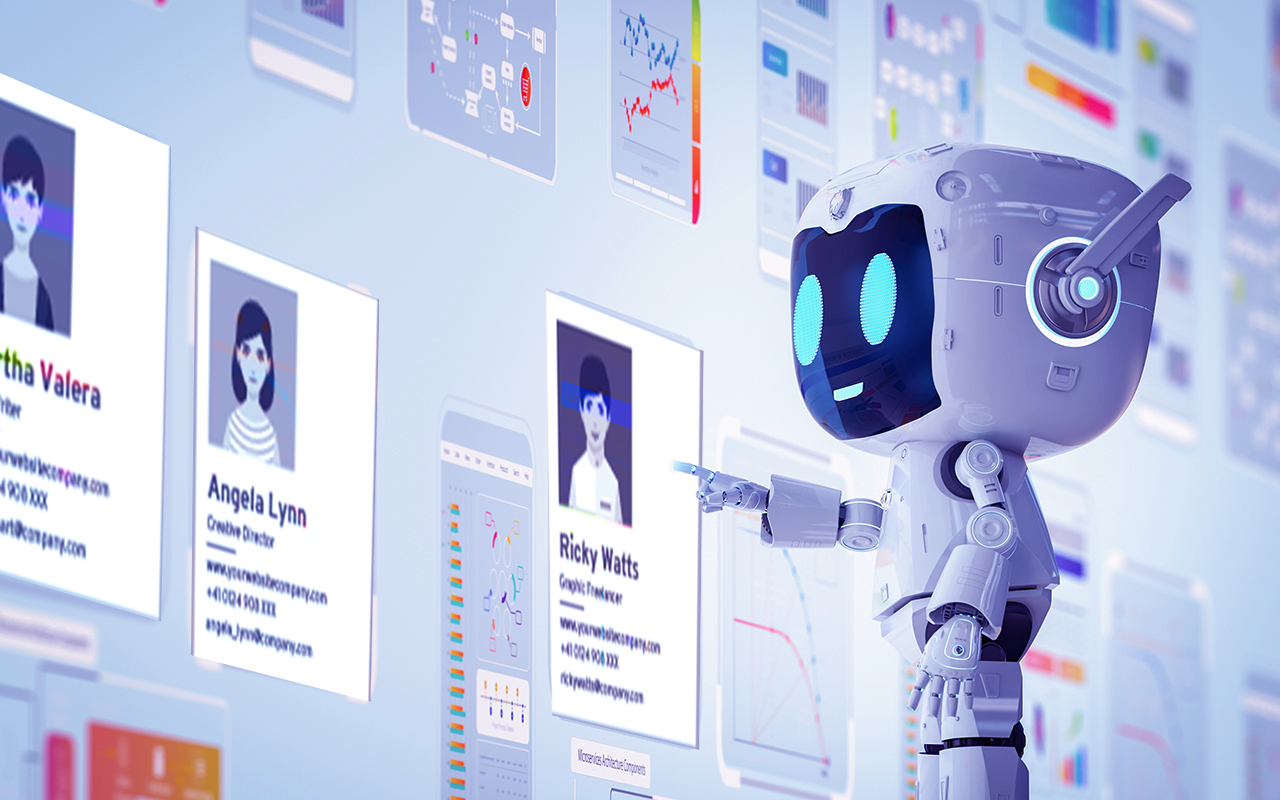- Published:
- Reading time: 8 minutes
Lengthy hiring processes, biased decision-making, and the time-intensive nature of manual screening become formidable barriers to securing the best-suited candidates. However, amid these challenges emerges a transformative force – Artificial Intelligence (AI).
This blog explores the future of AI trends and its potential to revolutionize talent acquisition teams, making the process more efficient, strategic, and tailored to the needs of the modern workforce. Step into a future where AI saves time and energy for hiring teams and reshapes the foundation of how organizations identify and secure their most valuable asset – top-notch talent.
Key Applications of AI in Talent Acquisition:
1. Automated Resume Screening:
Resume screening and the vetting process are tedious and will eat up the major pie of the recruiter’s time. On the other hand, AI-driven automated resume screening eliminates the tedious and time-consuming tasks of sifting through countless resumes. By leveraging machine learning algorithms, AI systems can quickly and accurately shortlist candidates based on predefined criteria, saving recruiters time.
2. Predictive Analytics for Candidate Matching:
Predictive analytics are pivotal while making a hiring decision. Predictive analytics powered by AI enables a more data-driven approach to candidate matching. By analyzing historical data, AI algorithms can identify patterns and correlations, predicting which candidates will likely be the best fit for a specific role. This not only helps in hiring the best but also in retaining the talent.
3. Chatbots and Virtual Assistants
AI-powered email automation keeps candidates informed and engaged throughout the interview process. Imagine sending tailored feedback, sharing relevant job updates, and scheduling interviews with minimal human intervention, creating a smooth and positive experience for every candidate – AI helps in meeting all these requirements with minimal intervention and without fail.
4. Skill Assessments and Testing
Skill assessment and reskilling have become an innate strategy for organizations to stay competitive and deliver the best value to customers. AI-based skill assessments not only evaluate specific skills objectively but also adapt to the evolving needs of the role, ensuring a more accurate representation of a candidate’s abilities.
Benefits of AI-powered Hiring
The benefits of AI in talent acquisition go beyond impressive tech; they translate into tangible gains for your organization. Imagine:
1. Reduced Time to Hire
From automated screening to efficient scheduling, AI streamlines the recruitment process, drastically reducing the time it takes to identify and onboard the right talent. This translates to faster job closures, which means quicker contributions to your bottom line.
2. Cost Savings Unlocked
Cut down the expensive recruitment agencies and bloated software subscriptions. AI solutions offer cost-effective alternatives, automating tasks and optimizing the hiring process, freeing up resources for other critical business initiatives.
3. Improved Employee Quality
Data-driven decision-making ensures you hire the best fit for each role. AI tools analyze skills, qualifications, and personality traits, leading to a more diverse and qualified workforce and boosting your team’s overall performance and productivity.
Successful Implementation Strategies:
AI is no longer a futuristic concept; it’s a practical tool within reach for businesses of all sizes. Here are some actionable steps to leverage AI in your talent acquisition strategy:
1. Define Your Objectives
Before diving into AI adoption, clarify your goals. Are you looking to reduce time-to-hire? Improve candidate quality? Enhance the candidate experience? Identifying your priorities will help you choose the right AI tools and strategies.
2. Choose the Right AI Tools
The market is flooded with AI solutions, each catering to different aspects of talent acquisition. When evaluating tools, consider:
- Functionality: Does it address your specific recruitment challenges?
- Integration: Can it seamlessly integrate with your existing HR systems?
- Scalability: Will it grow with your organization’s needs?
- Data Privacy Compliance: Is it compliant with regulations like GDPR or CCPA?
3. Prepare Your Data
AI thrives on data. Ensure your existing talent acquisition data is clean, well-organized, and comprehensive. This includes:
- Historical hiring data
- Candidate feedback
- Job descriptions
- Performance metrics of previous hires
4. Involve Stakeholders
AI implementation isn’t just an IT initiative—it’s a company-wide transformation. Engage stakeholders from HR, IT, legal, and management teams to ensure the solution meets everyone’s needs and addresses potential concerns.
5. Focus on Training and Change Management
AI tools are only as effective as the people using them. Provide comprehensive training for your recruitment team to ensure they understand:
- How to use the tools effectively
- How to interpret AI-generated insights
- When to apply human judgment
Prepare your team for the cultural shift AI will bring by emphasizing that these tools are designed to enhance, not replace, their expertise.
6. Start Small with Pilot Projects
Rather than a company-wide rollout, start with a pilot program. Test the AI tool on a specific department or role to evaluate its effectiveness and gather feedback. Use this data to fine-tune your approach before scaling up.
7. Monitor Performance and Metrics
Regularly evaluate the AI tool’s performance against your initial objectives. Key metrics to track include:
- Time-to-hire
- Quality of hire
- Candidate drop-off rates
- Hiring manager and candidate satisfaction
Gather insights and refine your AI strategies to ensure continuous improvement.
8. Prioritize Ethical Use
AI is only as unbiased as the data it’s trained on. Regularly audit your AI tools to identify and address any biases that may creep into the system. Transparency is key—communicate to candidates how AI is being used in the hiring process.
9. Create a Human-AI Balance
AI can handle repetitive and data-driven tasks, but human recruiters bring empathy, intuition, and cultural fit assessment. Striking the right balance ensures that candidates receive a personalized and fair experience.
10. Plan for Future Innovations
AI in talent acquisition is constantly evolving. Stay updated on emerging trends, such as AI-driven virtual reality assessments or sentiment analysis during interviews, to remain ahead of the curve.
Conclusion:
In conclusion, AI is undeniably the future of talent acquisition. By leveraging AI technologies, organizations can not only save time and energy for their hiring teams but also gain a competitive edge in attracting and retaining top talent.
As the business landscape evolves, the strategic adoption of AI in talent acquisition will be a key differentiator for organizations striving for success in the dynamic world of recruitment.
Embrace the future of talent acquisition. Embrace AI.
Written by:





